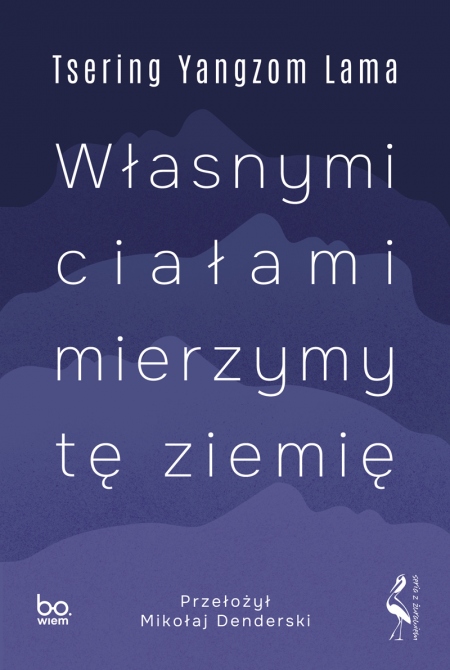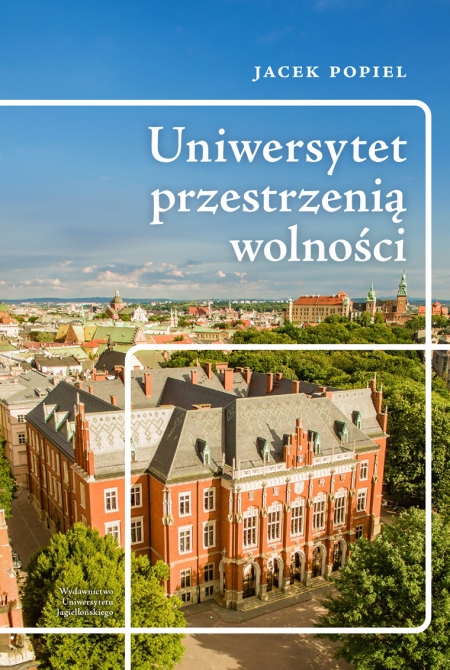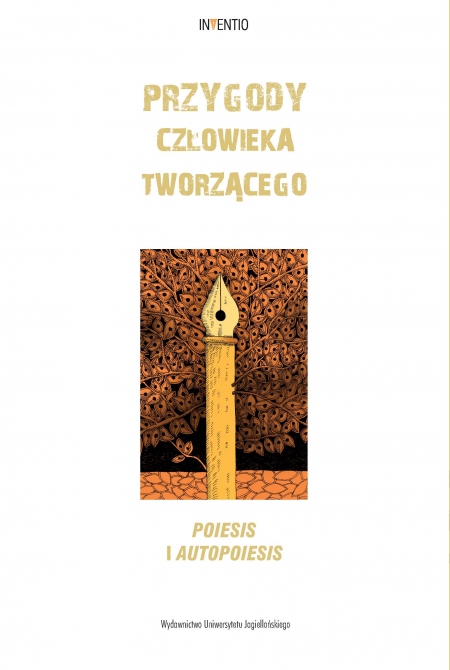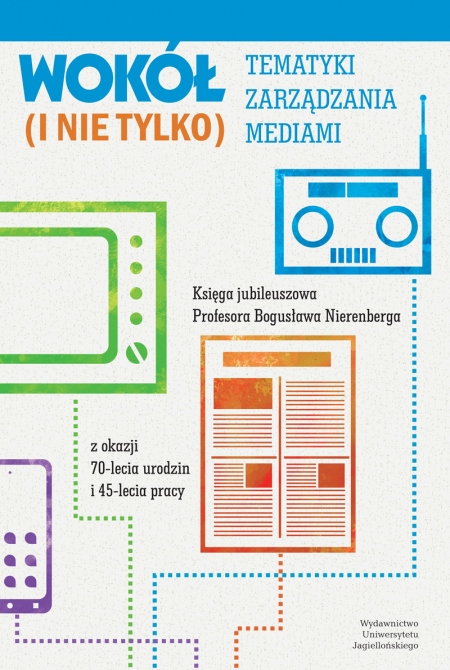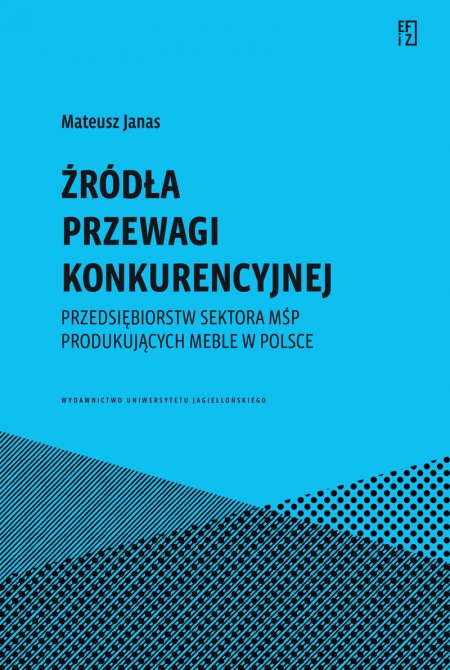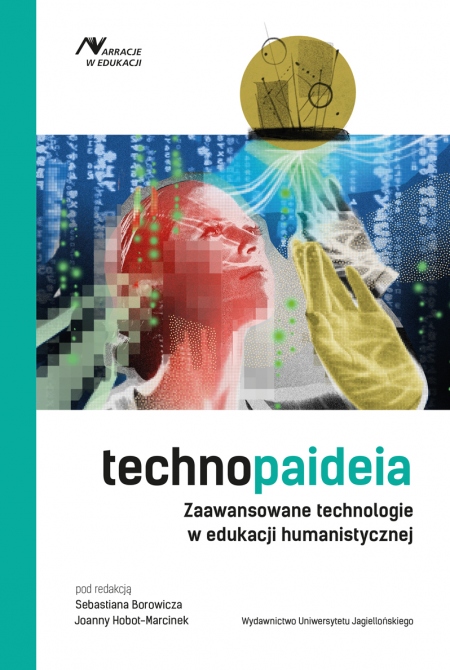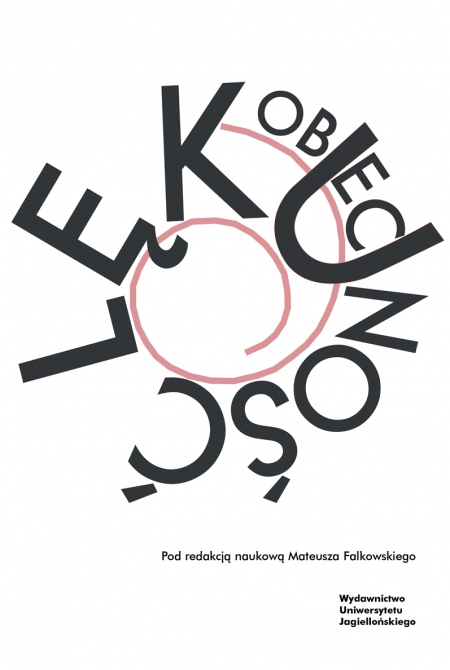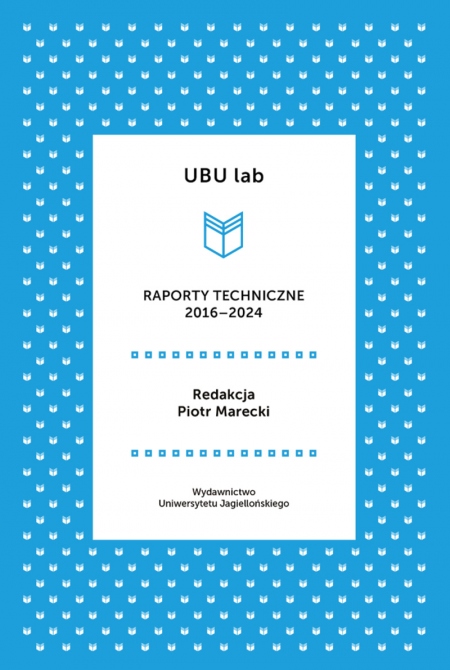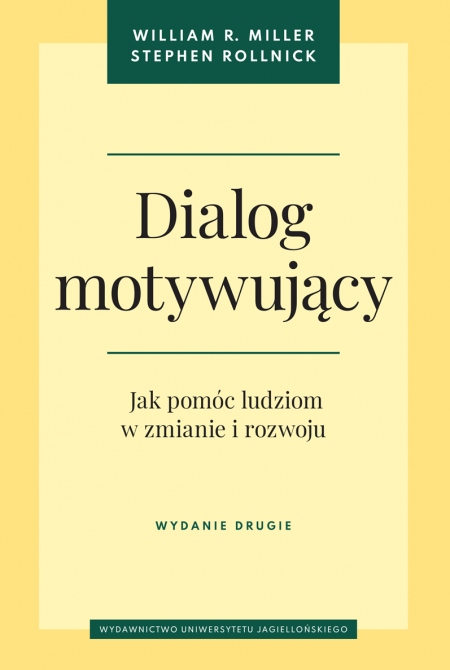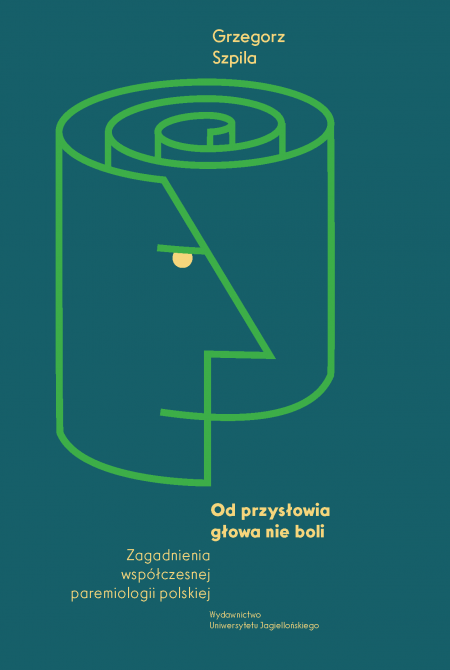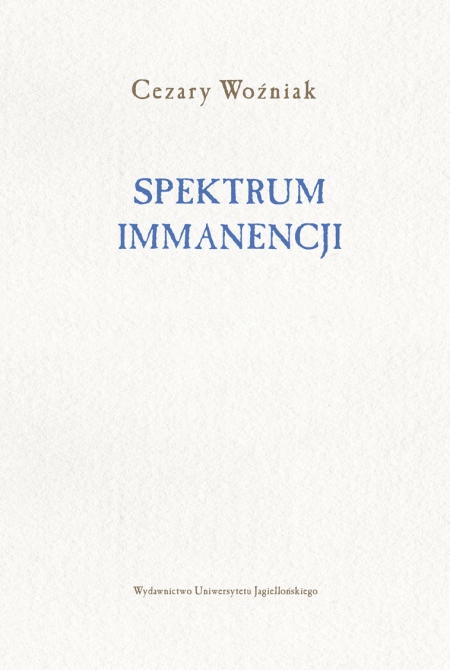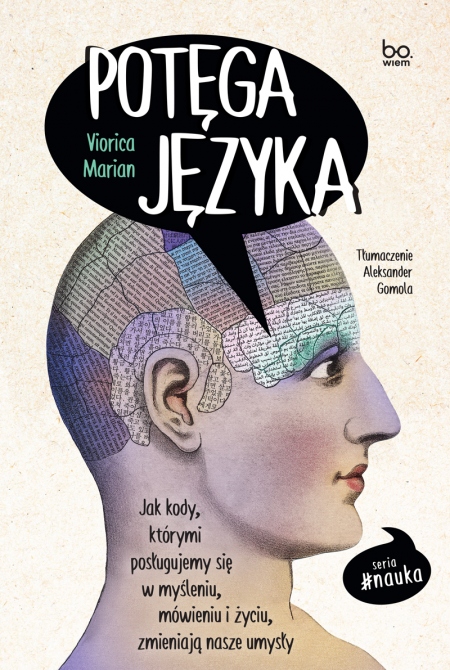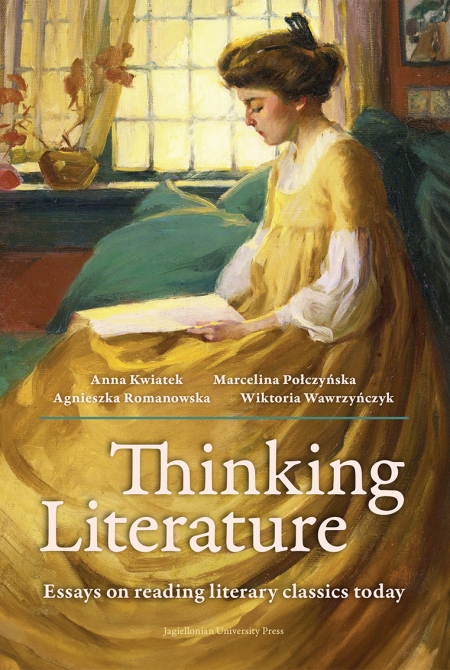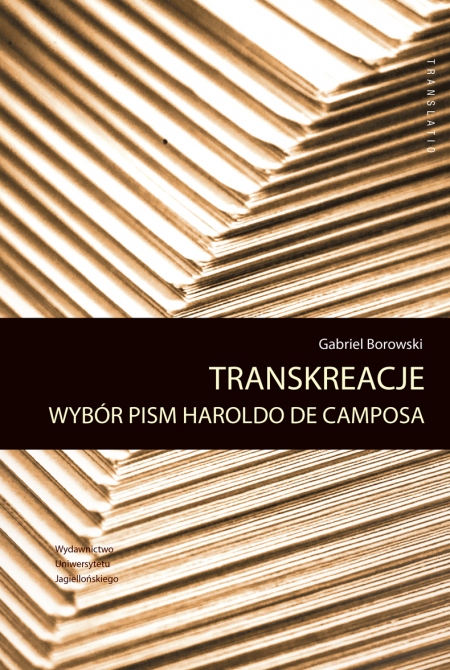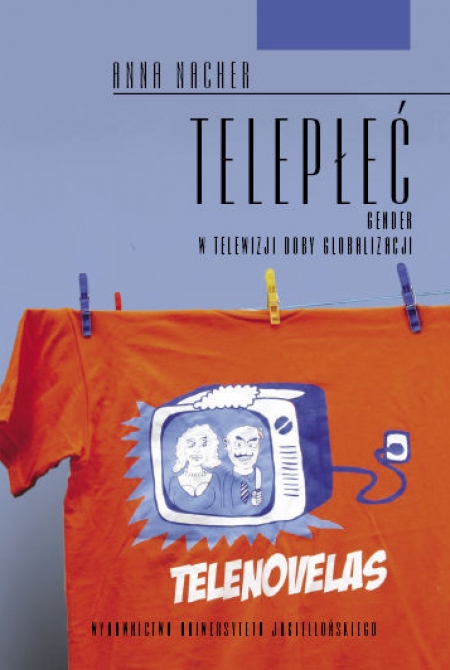
Telepłeć - gender w telewizji doby globalizacji
Series: Film i Media Audiowizualne
Book description
The book is aimed at paradygmatic change within gender analyses carried out in the field of television studies, especially in the local context. Gender in television and media is the domain of growing interest among scholars of various disciplines in Poland. However, the specific process of meaning production in television, its signifying strategies and discourse are often neglected. Thesis starts with overview of main concepts grounding the theory of meaning as negotiation and explanation of basic features of television disocurse. Further, the argument is made that gendered signifying practices should not be analysed separately neither from dicourse of television nor from larger cultural power/knowledge networks upon which the distintion between popular and high culture is founded. Postmodernist esthetics of videoclip and MTV signifying practices provide the basis for consideration gender in terms of codes and disocurses. In acknowledging that television is constantly open to changes, thesis examines also processes of globalisation. The theoretical model of ideo- and mediascapes as well as concept of ‘glocalisation’ are employed to analyse circulation of codes and meanings of gender and strategies of identification in the era of globalisation and cultural hybrydisation. The book concludes that in order to effectively analyse gender in television, the concept of gender as solely (or mainly) representation should be re-examined. Given the specifity of meaning production in television, poststructuralist and postcolonial theories of subject formation and identification offer the most suitable theoretical concepts to analyse fluid, incoherent and heterogenous gender identity in media.
RECOMMENDED BOOKS
NEW BOOKS

Telepłeć - gender w telewizji doby globalizacji
Choose chapters to buy:
Order value:
0.00 zł



